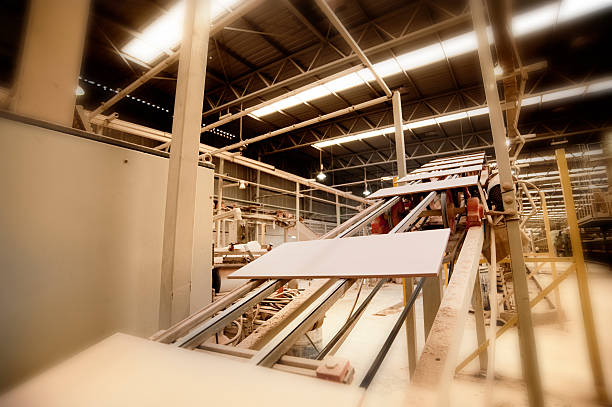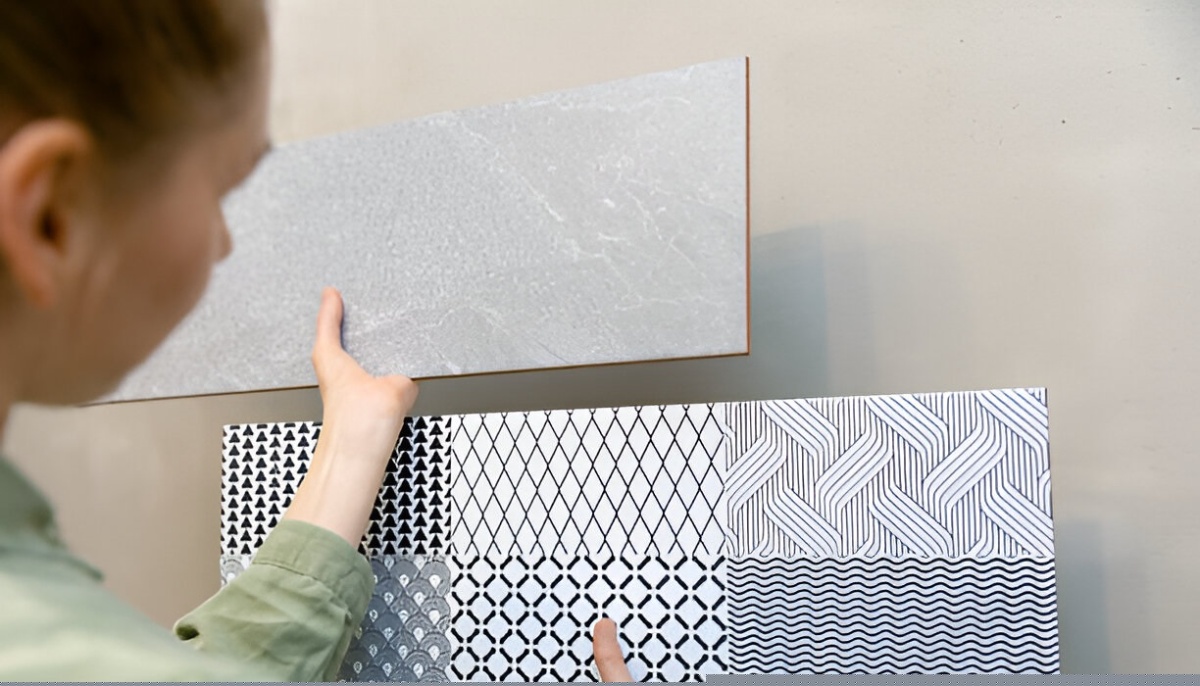Tile Production and GRAP 4 Redefining Environmental Responsibility
- Home
- Utility
- News & Blogs
- Tile Production and GRAP 4 Redefining Environmental Responsibility
Tile Production and GRAP 4 Redefining Environmental Responsibility
Introduction to GRAP 4 Regulations
The GRAP 4 Regulations (Graded Response Action Plan) are a set of environmental guidelines introduced to combat pollution and promote sustainable practices across industries. Tailored to address pressing ecological challenges, GRAP 4 emphasizes stricter control over emissions, efficient use of resources, and adherence to eco-friendly manufacturing standards. For industries like tile manufacturing, these regulations are a call to innovate and align with global sustainability trends, ensuring a balance between environmental responsibility and business growth.
The GRAP 4 Guidelines have emerged as a pivotal regulation for the tile industry, transforming how manufacturers approach sustainability, production, and market compliance. Introduced to address growing environmental concerns, GRAP 4 mandates stricter adherence to eco-friendly practices, including the reduction of carbon emissions, sustainable sourcing of raw materials, and improved energy efficiency in manufacturing processes.
For tile manufacturers, GRAP 4 is both a challenge and an opportunity. Compliance requires investment in green technologies and process optimization, but it also opens doors to global markets where sustainability is increasingly prioritized. Manufacturers adopting these guidelines are better positioned to meet international standards, attract environmentally conscious consumers, and achieve long-term operational efficiency.
As of December 2024, GRAP 4 has already spurred innovation in tile design and production. Many companies are exploring recyclable materials, energy-saving kiln technologies, and water-conservation strategies. While adapting to GRAP 4 may demand initial adjustments, its emphasis on sustainability is paving the way for a more resilient and competitive tile industry.
Conclusion: GRAP 4 isn’t just a regulation; it’s a catalyst for positive change. Manufacturers who embrace its principles are not only contributing to environmental preservation but also securing their place in the future of global tile production. Now is the time to align with GRAP 4 and lead the way in sustainable tile manufacturing.







